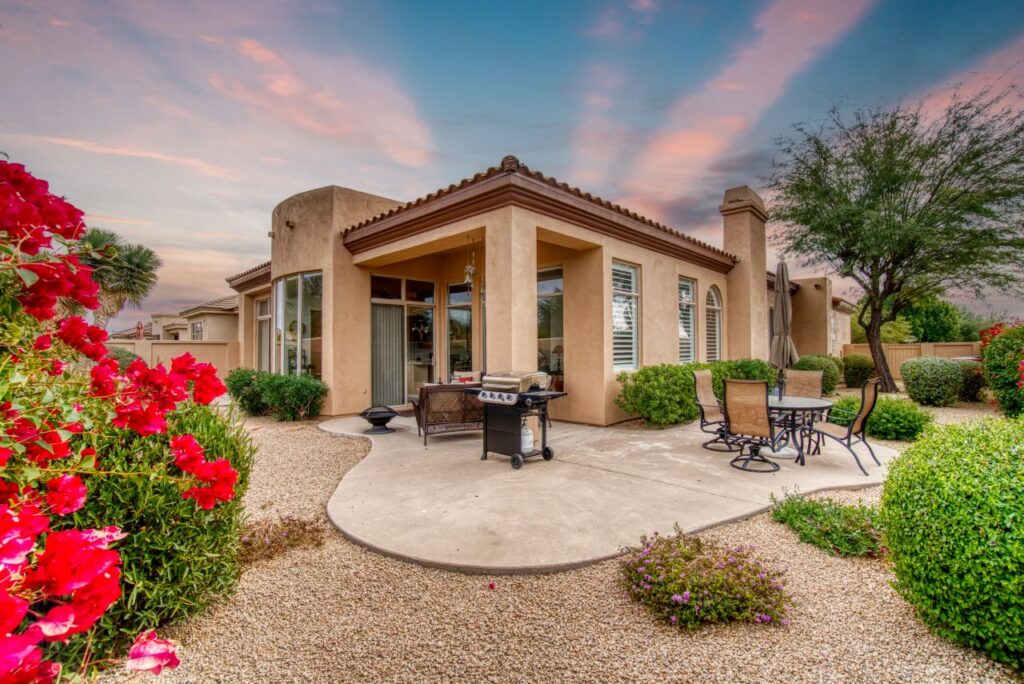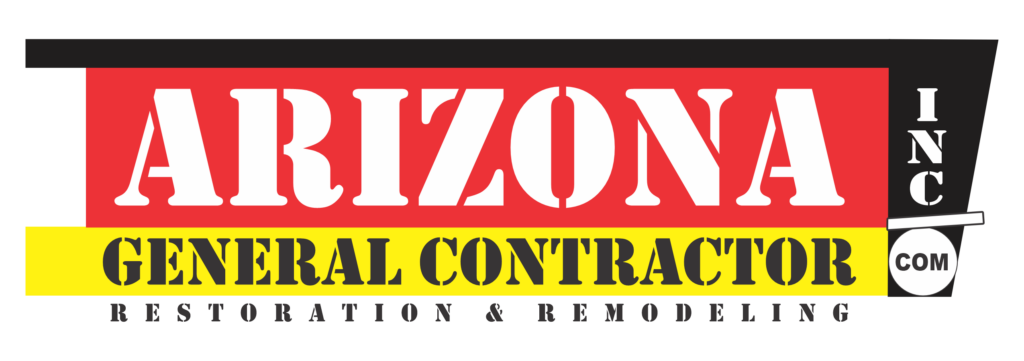The Challenges of Problematic Soils in Tucson, AZ
Understanding Tucson's Unique Soil Conditions
Tucson, Arizona, is known for its breathtaking desert landscape, but beneath the surface, the soil conditions present significant challenges for construction. From expansive clay to rocky terrain, these soil types require specialized engineering techniques to ensure the durability and stability of structures.
Arizona General Contractor Inc. has extensive experience in managing these soil-related challenges, ensuring that every project adheres to proper geotechnical, engineering, and permitting requirements. Understanding Tucson’s soil composition and implementing the right construction techniques are essential for preventing structural issues and long-term damage.

Types of Problematic Soils in Tucson, AZ
The Tucson region features a variety of soil types, each with unique characteristics that affect construction. Understanding these soil types helps builders select the right foundation and soil stabilization techniques.
1. Expansive Clay (Caliche)
Caliche is a dense, calcium carbonate-rich soil that can become extremely hard when dry and soft when wet. This expansion and contraction lead to foundation movement, causing cracks in walls and floors. To counteract these effects, builders often use:
- Post-tensioned or reinforced concrete foundations.
- Deep pier and beam systems to bypass unstable layers.
- Soil stabilization methods like lime treatment.
2. Sandy Loam
Sandy loam consists of sand, silt, and clay, offering good drainage but requiring proper compaction to prevent settlement issues. This soil type is commonly found in Tucson’s outlying areas. Construction methods for sandy loam include:
- Compacting the soil before foundation placement.
- Using slab-on-grade foundations for even weight distribution.
- Ensuring proper grading to manage water drainage.
3. Silty Soil
Silty soil retains water, making it susceptible to erosion and instability when wet. Builders must address these challenges by:
- Improving drainage systems to prevent water accumulation.
- Applying soil stabilization techniques like adding cement or fly ash.
- Using reinforced foundations to counteract shifting.
4. Rocky Soil
Some areas in Tucson contain rocky terrain, which provides stability but complicates excavation and foundation installation. In such cases, builders may need:
- Specialized excavation equipment for breaking through rocks.
- Drilled piers for deeper and more secure foundations.
- Custom foundation designs to work around large rock formations.
Building on Problematic Soils in Tucson
Proper site preparation and engineering solutions are crucial for constructing durable buildings on Tucson’s challenging soil types. Arizona General Contractor Inc. follows a strategic approach to ensure long-term stability.
Soil Testing and Site Preparation
Before construction begins, a **geotechnical engineer** performs soil testing to determine the composition, moisture content, and load-bearing capacity. Based on the findings, builders implement:
- Soil Compaction: Using heavy machinery to compress the soil and increase stability.
- Grading and Drainage: Ensuring proper slopes to direct water away from structures.
- Soil Stabilization: Adding lime, cement, or other materials to improve soil strength.
Foundation Solutions for Problematic Soils
Depending on soil conditions, different foundation systems are used to counteract instability and prevent long-term structural damage.
1. Slab-on-Grade Foundations
This method is commonly used in Tucson’s residential buildings, where a reinforced concrete slab is poured directly onto the ground. It is effective for well-compacted sandy loam but may require additional stabilization for clay soils.
2. Pier and Beam Foundations
For areas with highly expansive clay, **pier and beam foundations** elevate the structure above ground level. This technique:
- Reduces direct contact with unstable soil.
- Allows for adjustments and maintenance over time.
- Minimizes foundation movement due to soil expansion.
3. Post-Tension Foundations
Post-tension foundations use **steel cables** within the concrete slab to reinforce the structure, making it highly resistant to soil movement. This method is ideal for expansive clay areas.
Permitting Requirements for Construction in Tucson
Construction in Tucson is subject to strict permitting requirements to ensure compliance with safety and zoning regulations. **Arizona General Contractor Inc.** has extensive experience in managing the permitting process.
Key Permits Required
- Building Permits: Required for all new construction, additions, and major renovations.
- Grading and Excavation Permits: Necessary for land alteration and erosion control.
- Soil and Foundation Inspections: Ensures compliance with geotechnical engineering standards.
- Environmental and Zoning Compliance: Some locations require special approvals based on land use restrictions.
Conclusion
Building in **Tucson, AZ**, presents unique challenges due to its **varied soil types**. **Arizona General Contractor Inc.** specializes in addressing these challenges with expert soil testing, advanced foundation solutions, and thorough knowledge of permitting requirements.
By implementing proper site preparation and engineering techniques, we ensure that every project is built to last, even in **the most problematic soil conditions**.
For professional guidance on building in Tucson’s challenging terrain, contact **Arizona General Contractor Inc.** today!
